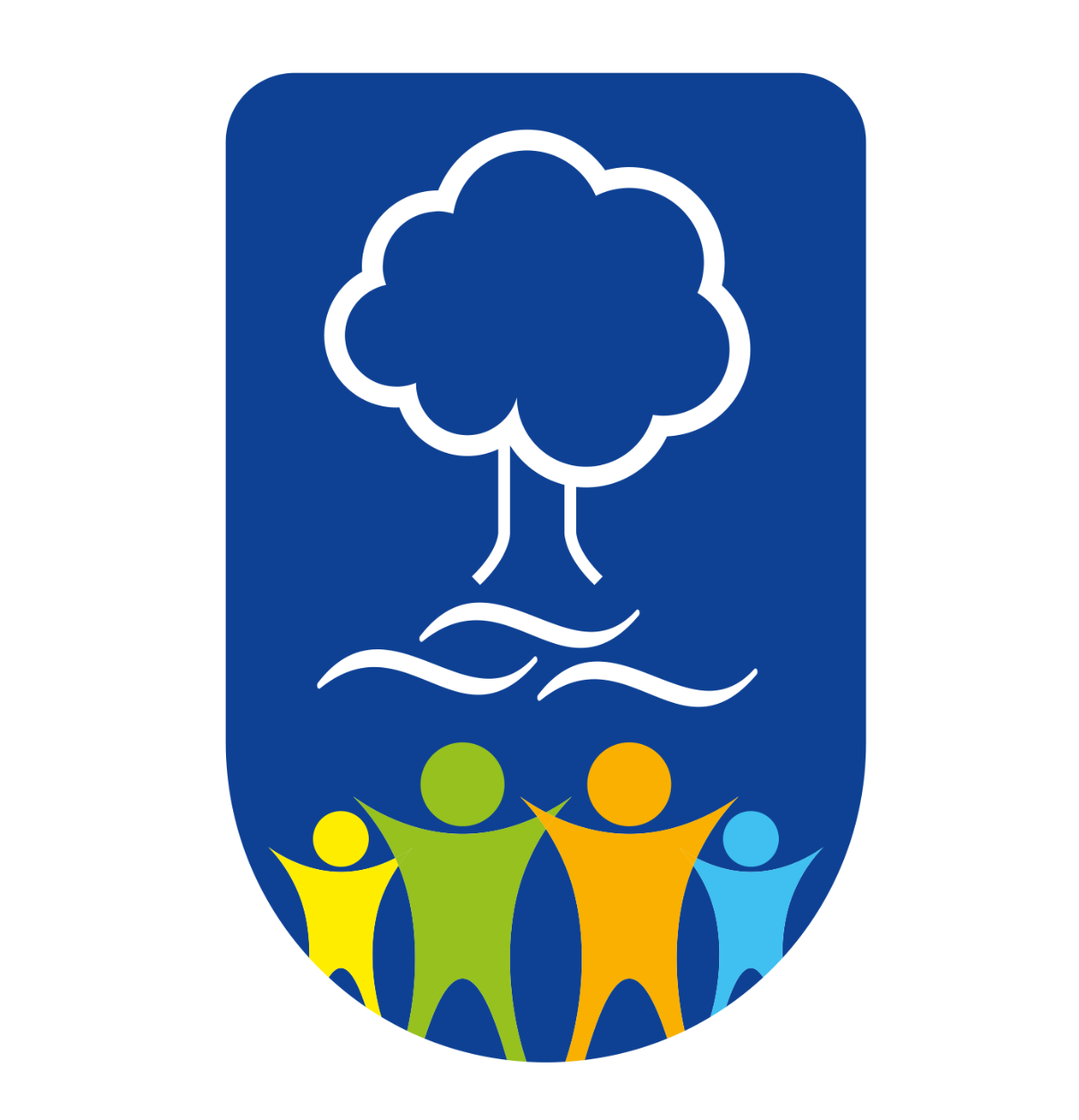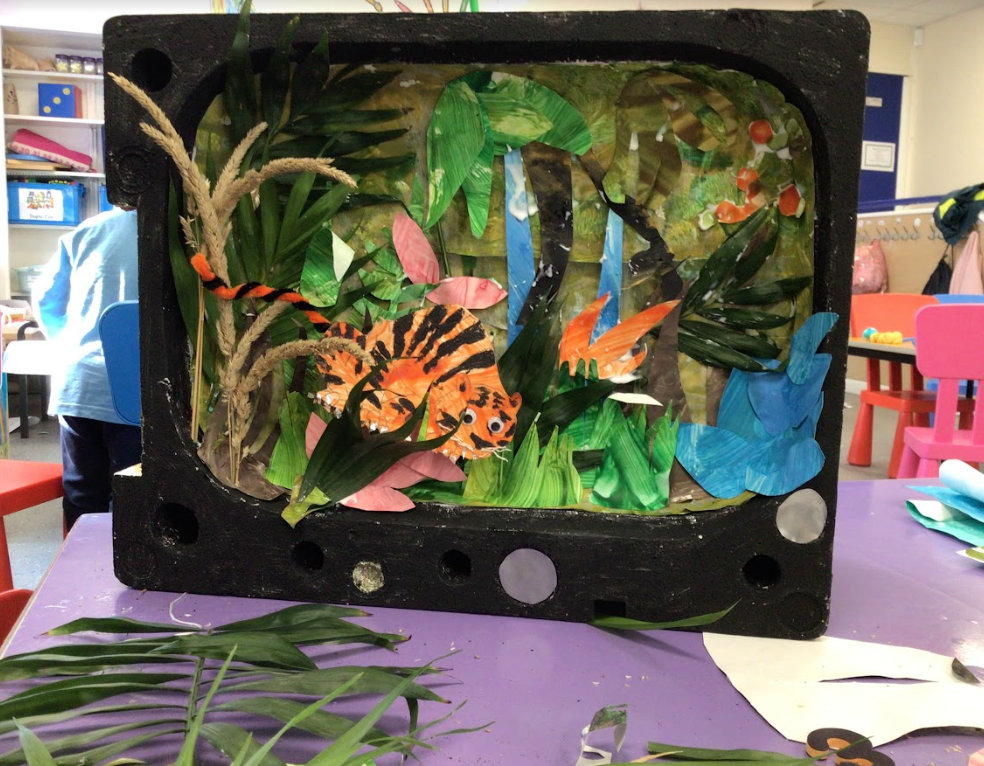Art


Intent
Art education has been proven to have remarkable impacts on academic, social, and emotional outcomes, helping us develop empathy as we learn more about societies, cultures and history.
Engagement with art helps us stretch our minds beyond the boundaries of the printed text or the rules of what is provable to encompass visual-spatial learning and develop motor skills.
Through art, we learn to express ourselves confidently and creatively. We will learn about the mediums of collage, textiles, photography, drawing, painting, 3D form and sculpture, as well as mixed media.
In our Art lessons at Woodford Halse Primary Academy, we aim to:
- Develop pupils’ language skills, social skills, decision-making and risk-taking.
- Develop pupils’ handling, moving and fine motor control skills.
- Teach pupils to observe the world thoroughly and carefully.
- Enable pupils to connect with their own culture, as well as with the wider world, through art.
- Create opportunities to explore different materials and develop their own ideas of how to use them effectively.
- Explore ideas in the work of a variety of artists.
- Allow pupils to express their feelings and ideas, both as a means of self-expression and to communicate with others.
- Allow pupils to learn more about how people lived in the past, by looking at art and artists.
- Help pupils begin to develop an understanding of how art reflects and shapes our society, contributing to a nation’s culture, creativity and wealth.
- Enable pupils to express their individual creativity, working both individually and collaboratively with others.
- Engage, inspire and challenge pupils, equipping them with the knowledge and skills to experiment and invent.
Implementation
Art and Design Technology will be woven through our termly topics, as well as stand-alone whole school Art days. Art is taught through a combination of subject knowledge and skills. Learning takes place both inside and outside the classroom, and teachers will plan art lessons in order to ensure that children have covered all areas of the National Curriculum for Art. Considerations and planning should be in place to effectively differentiate for all children (inclusive of SEN) in each class, to ensure safety and engagement.
Art is taught through thematic units, both through Skills Development Tasks and through projects which then apply those skills. The Satellite View maps out which thematic units feature this subject and clearly shows the objectives taught. Knowledge Builders are also accessible below to demonstrate how this is built throughout their time at Woodford Halse.
Within our Art lessons, we learn about the following artists:
- Jack Kirby
- Julie Taymor
- Romero Britto
- Jackson Pollock
- Pietro D’Angelo
- Christy Brown
- Ivan Aivazovsky
- Cesar Manrique
- Theresa Elvin
Impact
The children will be taught explicit art and design skills, that will be assessed by both staff and children throughout lessons to further their skills and knowledge. Staff will be able to assess children against school progression ladders, building upon previous learning as they move through the school and the Dimensions curriculum.
We will know we have been successful if we have achieved the following:
- Children have gained a depth and breadth of knowledge about the world through their studies of art and design.
- Children can discuss and talk about the artists they have learnt about and use these to influence their creative work.
- Children have gained confidence to express themselves with a range of materials.
- Children show progress through their sketchbooks and have had time to evaluate and reflect on their work.
We are very proud of our participation in the National Gallery's Take One Picture programme, with three of our pieces of artwork being selected for display in the last few years. Our nursery piece inspired by Henri Rousseau’s 'Surprised!' was displayed during the 2024 exhibition.


